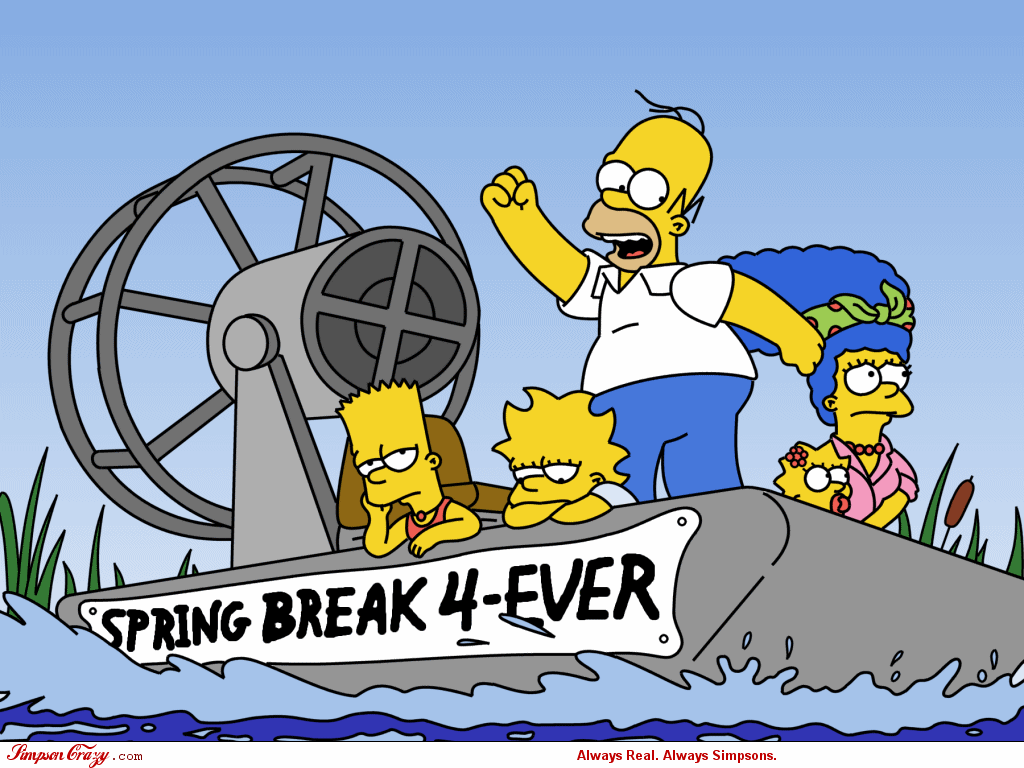So far, we’ve gone over the basics, how to get mentors, and the mistakes to avoid.
Today, let’s talk about the Letter of Rec superpower: addressing problems.
Few of us are perfect candidates–there was one class we bombed, one bad habit we haven’t conquered.
If a problem is so big that it will be visible to the job or the school you want, you have to address it.
How are you going to explain that terrible second year?
Or why you had to drop out and come back?
Or why you changed majors six times?
It’s actually best if we address it.
There was a term in college when I had pneumonia during the last weeks. If I’d had insurance, I would have been in the hospital. I don’t remember my mother having my brother say a final goodbye to me over the phone, but it apparently happened.
I do remember throwing up during one final and hallucinating in another.
I didn’t get straight “A”s that term, and I was worried about it.
John Degen was one of my letter writers–I’d taken three of his classes. He was the only teacher in the theatre department I had to study for–and I loved him for it.
He had me read the letter he wrote; he said he wanted me to proofread it.
That was bullshit–I realize now that he was finding an excuse to show me the letter so I would calm down.
In the letter, he talked about my illness. He mentioned how, despite my vomiting in the final, I did better than 92% of the class. I hadn’t know that.
I also didn’t know that my name had come up in a faculty meeting. The professors discussed who among them would go to my hometown for my funeral.
Because I was so clearly going to die.
“John,” I said. “Why did you all make me take my finals?”
“We thought you wanted to finish before you died.”
I was out of my mind with illness; they should have told me to go home.
Nevertheless, I knew I wasn’t going to have to mention my illness in my letters for grad school at all.
And that was a good thing. It would have sounded like an excuse if I mentioned it.
John made me sound heroic.
And that’s why you want mentors to write great letters for you. If we don’t know you, we can’t do this part of the letter.
Let me give two more examples, from letters I wrote.
I had a student who wanted to get a Masters in Public Health. She didn’t have the requisite GPA. But I knew her very well, and I went to bat for her. My only mention of what sank her GPA was in this paragraph (I’ve changed her name):
In our time together, I have gotten to know Jane very well. I know about the hardships she’s faced, including physical and mental abuse at home. I know how strong she’s been to overcome those hardships. Jane’s transcript will likely not be the strongest you’ll receive; however, I recommend Jane over anyone else I can think of for this program—she is dedicated to improving the health of those in at-risk populations. She understands the challenges they face in receiving care, in bridging the cultural and languages gaps between patients and doctors, and in making sustainable, long-term changes in lifestyle. Jane may have fumbled a bit in her undergraduate career, but I have every confidence that she will excel in this Master’s Program.
The program filed an appeal, asking for the university to waive the GPA requirement for her. And she has that Masters degree now.
Another student wanted to go med school. We had known each other for four years; he’d taken three classes from me. He was special. My favorite thing about him? When I would mark a mistake on his paper, he would not make the exact same mistake on the next paper. He would learn.
I was pleased when he asked me for a letter. I was less pleased when he came back a week later to tell me never mind, that he wasn’t going to med school, that he wasn’t good enough.
If I hadn’t really known him, I would have taken him at his word. I wouldn’t have known how wrong he was. And it would have been one more thing to cross off my long to-do list.
But he was wrong. So I yelled at him. And I ordered him to apply.
Later, he told me he was only in med school because I yelled at him.
If you don’t have mentors, who is going to give you a kick in the ass when you need it most?
I wrote him a great letter. In fact, I was worried the committee would see it as hyperbolic. And I was worried that he wouldn’t really explain in his own letter how amazing he was.
So I ended mine this way (name changed):
If this letter seems unduly glowing, it is because I hope to make up for John’s humility, which might prevent him from “selling” himself in his application. It is vital that this humility be respected, as it is another quality that makes both for an uncommonly good doctor and an uncommonly good person.
I give him my highest possible recommendation.
He’s a doctor now. And sometimes he sends me facebook messages to check in with me and to ask if my doctors are treating me well.
I think he’s waiting for a moment when I’m letting a doctor not do his or her best, so he can give me a much needed kick in the ass to demand better.






